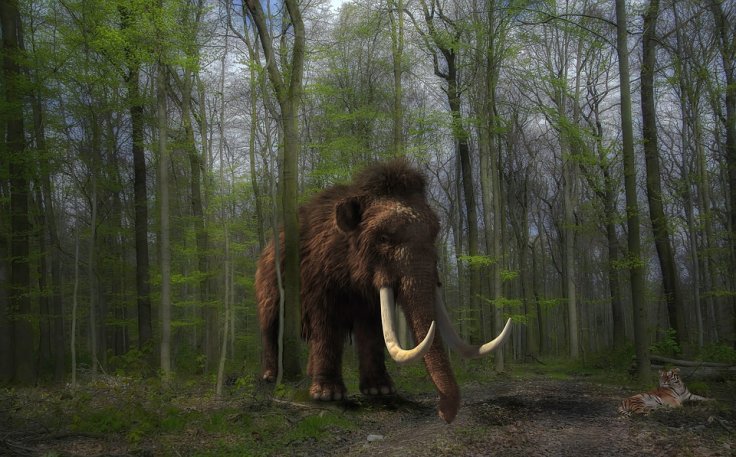
In the Hollywood movie 'Jurassic Park', legendary filmmaker Steven Speilberg introduced the idea of recreating extinct dinosaurs and showcasing them in a theme park. Now, a team of scientists from Russia, South Korea and Japan have already started their work to bring back the woolly mammoths, cave lions and extinct ancient horses into life.
Reality turns unbelievable than fiction
Touted to be a less terrifying version of the 'Jurassic Park', scientists who are part of this cloning project aims to display these ancient animals in a theme park in Russia. Researchers are hopeful of discovering perfectly-preserved specimens of the extinct animals from the northern reaches of the Russian Arctic and once the team finds these remains, they will extract non-degradable DNA, the basic constituent needed for cloning.
Evgenia Mikhailova, interim rector for North-Eastern Federal University in Yakutsk revealed that an investment of $5.9 million will make those ancient creatures alive again, as the first step to achieve this feat is creating a world-class paleo-genetic scientific centre.
"The prospect was no longer fantastical. Today, technology is developing at an explosive pace, and what yesterday seemed to be scientific nonsense, today is an absolutely clear prospect for scientists. We are actively working with South Korea. Thanks to cooperation with Korean and Japanese scientists, in my opinion, this will happen in the next decade," said Evgenia Mikhailova, Fox News reports.
A move against the law of nature?
As the news of recreating mammoths and other extinct creatures surfaced online, sceptics have lashed out against the move arguing that it is against nature's law. As per these sceptics, this plan is basically anthropocentric. They believe that the mammoths created using cloning would serve no other purpose apart from remaining as an exhibit for human beings.
Change in the ecosystem is another possible side effect of bringing back extinct animals. It should be noted that mammoths have roamed on the earth during the ice age, but now the climate has changed, and the planet is getting warmer day by day.
Read more









